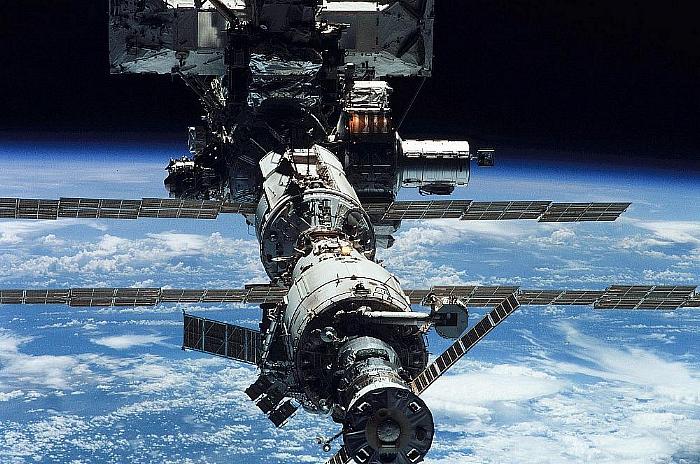
NASA astronauts Chris Cassidy and Robert Behnken are scheduled to go outside the International Space Station (ISS) Friday, June 26, and Wednesday, July 1, for spacewalks to begin the replacement of batteries for one of the power channels on the orbiting laboratory.
NASA Television and the agency’s website will broadcast the spacewalks live, along with a news briefing to discuss them.
The briefing will take place at 2 p.m. EDT Wednesday, June 24, at the agency’s Johnson Space Center in Houston. Coverage of the spacewalks will begin at 6 a.m. on the day of each spacewalk. The spacewalks will begin at around 7:35 a.m., and will last as long as seven hours.
Cassidy, the commander of Expedition 63, and Behnken, who joined the crew May 31 after arriving aboard SpaceX’s Crew Dragon with NASA astronaut Douglas Hurley on NASA’s SpaceX Demo-2 test flight, will depart the Quest airlock for both spacewalks. The briefing also will include an update about the Crew Dragon’s mission to the orbital outpost.
The briefing participants are:
- Kenneth Todd, ISS manager for integration and operations
- Steve Stich, Commercial Crew Program manager
- Allison Bolinger, ISS spacewalk flight director
- Sandra Moore, ISS spacewalk officer
The spacewalking astronauts will replace aging nickel-hydrogen batteries for one of two power channels on the far starboard truss (S6 Truss) of the station with new lithium-ion batteries that arrived to the station on a Japanese cargo ship last month. The battery replacement work is the culmination of power upgrade spacewalks that began in January 2017.
Cassidy will be extravehicular crew member 1 for both spacewalks, wearing the spacesuit with red stripes, while Behnken will be extravehicular crew member 2, wearing the spacesuit with no stripes. It will be the seventh and eighth spacewalks for each astronaut. The spacewalks will be the 228th and 229th in support of space station assembly, maintenance and upgrades.
For almost 20 years, humans have lived and worked continuously aboard the International Space Station, advancing scientific knowledge and demonstrating new technologies, making research breakthroughs not possible on Earth that will enable long-duration human and robotic exploration into deep space. As a global endeavor, 239 people from 19 countries have visited the unique microgravity laboratory that has hosted more than 2,800 research investigations from researchers in 108 countries and areas.
For more information about the International Space Station, its research, and crew, visit:


